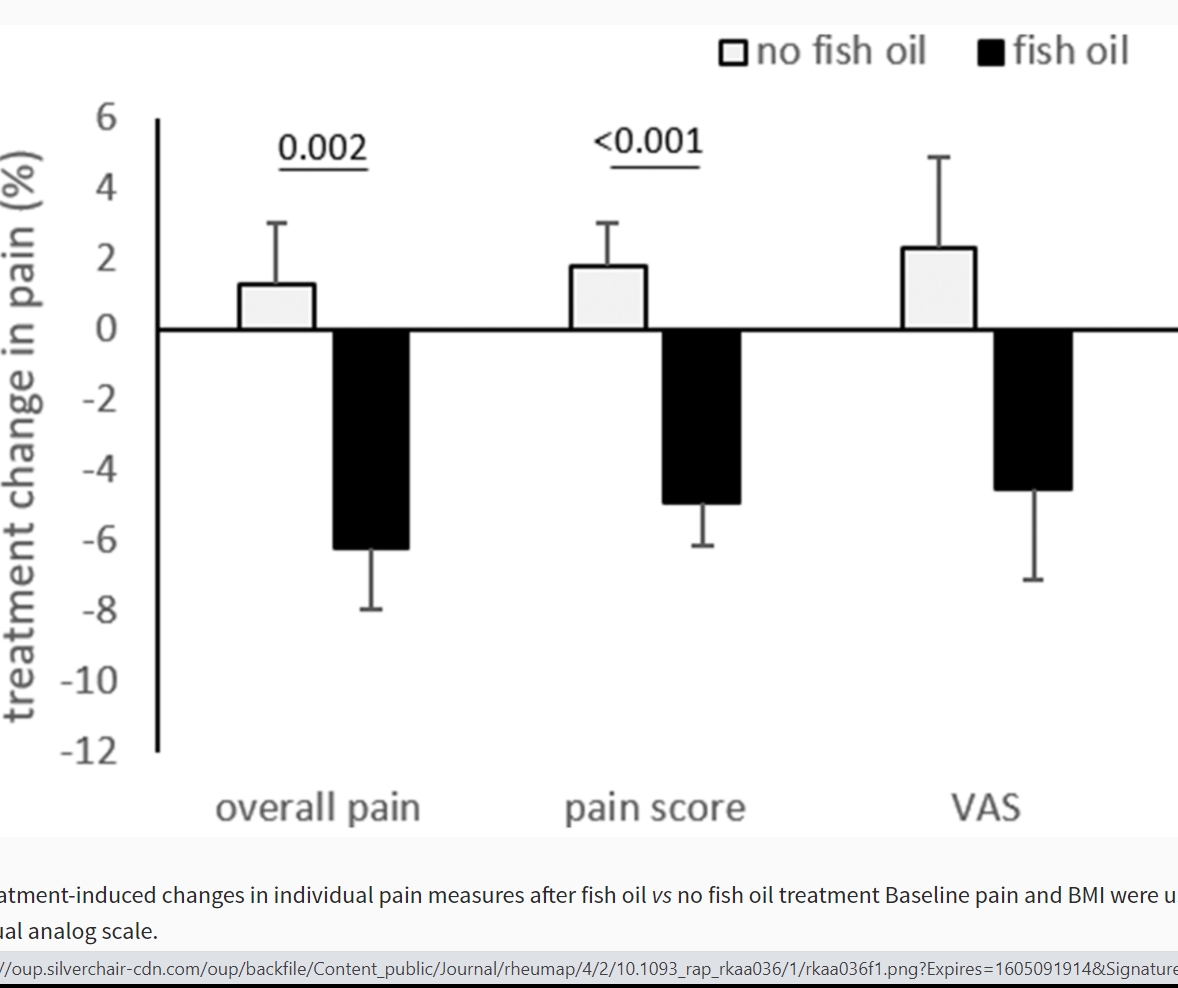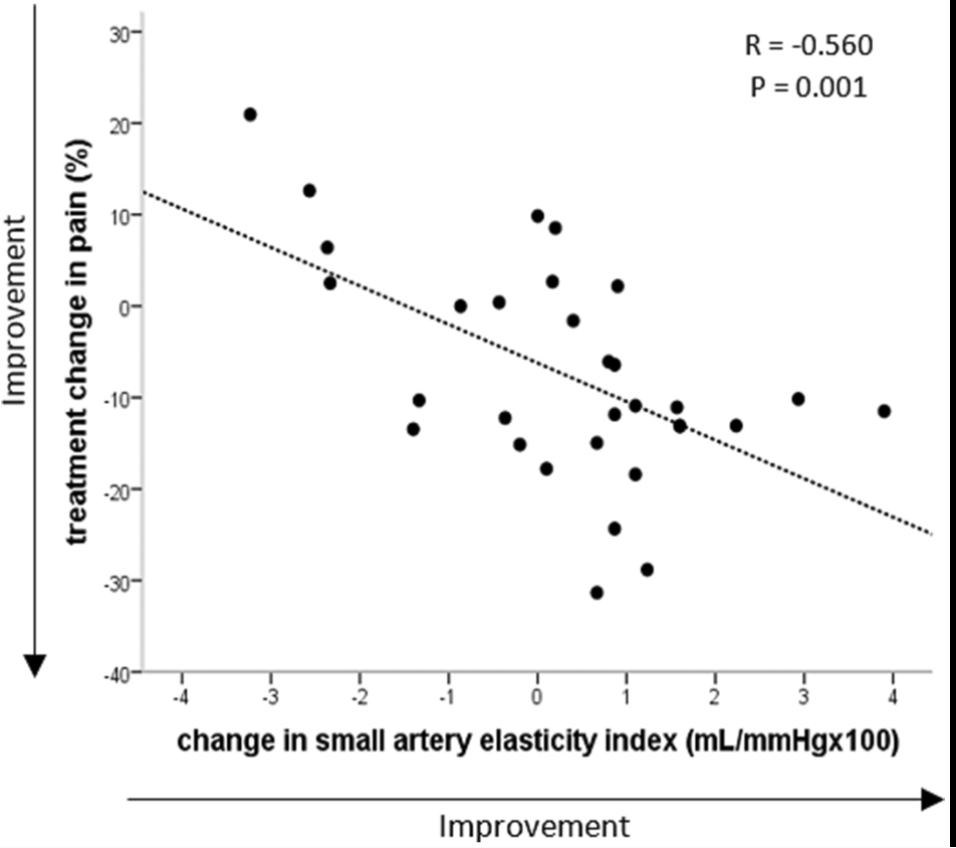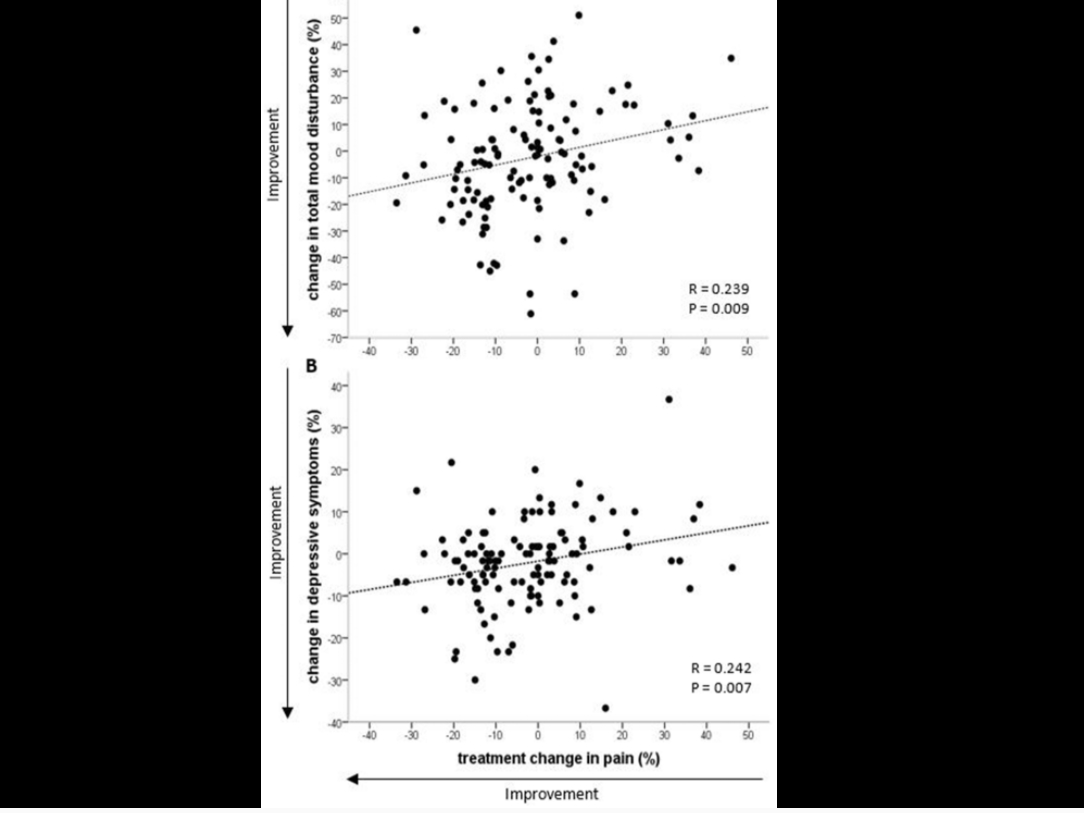Fish oil supplementation reduces osteoarthritis-specific pain in older adults with overweight/obesity
Julia C Kuszewski, Rheumatology Advances in Practice, Volume 4, Issue 2, 2020,
Objectives
OA is a leading cause of chronic pain and disability. Next to inflammation, vascular pathology has been hypothesized to play a role in its aetiology and progression. Owing to side effects and the low efficacy of pharmacological treatments, dietary supplements are popular as alternative treatments, but evidence of efficacy is limited. We tested whether fish oil and curcumin supplementation can reduce chronic pain and OA burden in older adults.
Methods
A 16-week randomized, double-blind, placebo-controlled, 2 × 2 factorial design supplementation trial with fish oil (2000 mg/day docosahexaenoic acid + 400 mg/day eicosapentaenoic acid), curcumin (160 mg/day) or a combination of both was undertaken in sedentary overweight/obese older adults. Secondary outcomes included treatment-induced changes in self-reported chronic pain and OA burden and whether changes were related to changes in small artery elasticity (surrogate marker for microvascular function), CRP (inflammatory marker) and well-being.
Results
The majority of participants (131 of 152) reported chronic pain, which was predominantly OA specific. Fish oil significantly reduced OA-specific pain (P = 0.002, Cohen’s d = 0.56) and burden (P = 0.015, Cohen’s d = 0.45) compared with no fish oil treatment; reductions were correlated with improvements in microvascular function and well-being. Curcumin, alone or in combination with fish oil, did not reduce pain measures.
Conclusion
Our findings indicate potential for fish oil to alleviate OA pain and burden in overweight/obese older adults. Further investigations should be undertaken in patients with clinically diagnosed OA to evaluate fish oil alone and as an adjunct to conventional pharmacotherapy and to investigate underlying mechanisms.
















